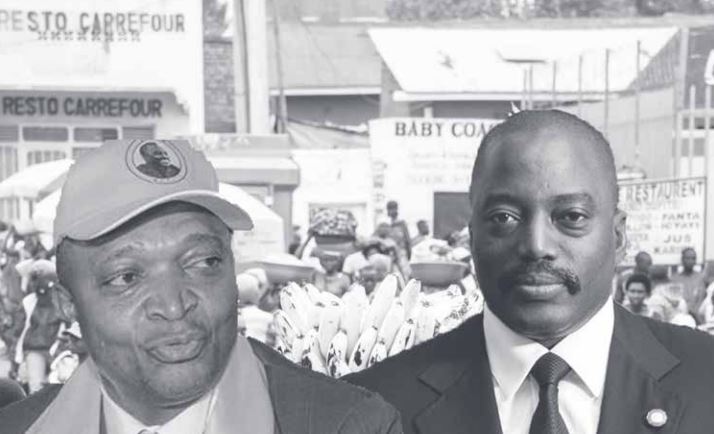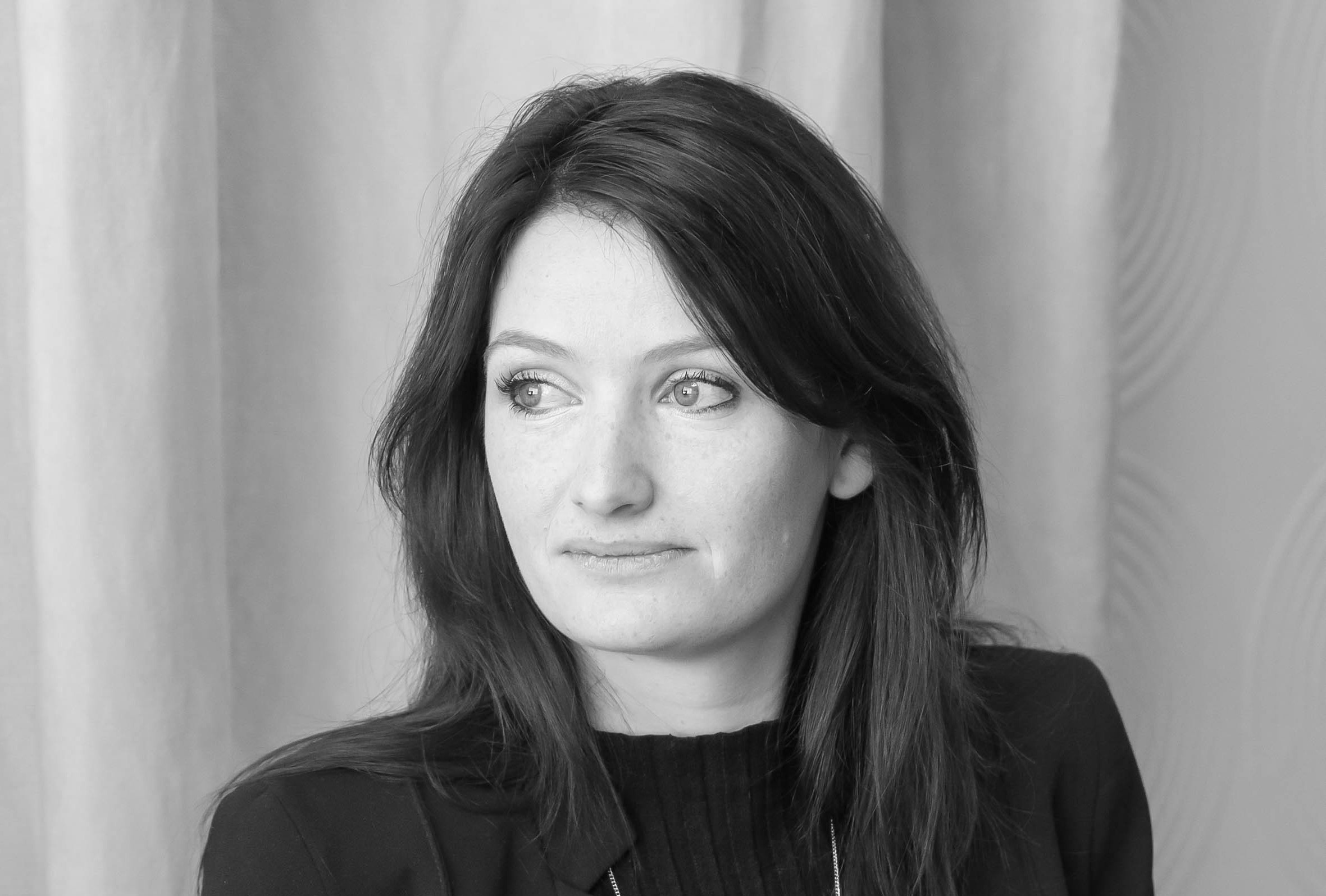A Proxy President: Joseph Kabila’s plans to maintain power
Kabila’s decision to step down has been welcomed both domestically and by the international community, who had criticised his “glissement” or “slippage” strategy, whereby he sought to artificially delay the end of his mandated presidential term. However, as a hardline Kabila loyalist, and with Kabila set to remain president of the ruling PPRD, it is unlikely that Ramazani will bring much change to the DRC’s political environment. Rather, the former minister of the interior is likely to do Kabila’s bidding, pressing ahead with efforts to increase mineral royalties and consolidate the political and economic grip of Kabila and his allies. The continuation of the status quo is unlikely to be popular with the country’s fatigued electorate and emboldened rebel groups.
A NEW MAN FOR THE JOB
Ramazani, a co-founder of the PPRD, is a prominent member of the DRC’s political elite in his own right. During a 20-year political career, he has served as the governor of mineral-rich Maniema Province, as well as president of the PPRD’s parliamentary group. Ramazani has proven his loyalty to the party, and the president, on numerous occasions. Due to his involvement, in his capacity as minister of the interior, in violently suppressing political protest, the US and European Union imposed sanctions against Ramazani in 2017. With his right-hand man in the president’s seat, and his ongoing role as head of the PPRD and ruling Front Commun pour le Congo (FCC) coalition, Kabila will retain significant influence after the elections. There is ongoing speculation that Kabila may seek to become prime minister under Ramazani, which would enable him to seek a constitutional third term in 2023, without jeopardising his current levels of influence.
WILL RAMAZANI WIN AT THE POLLS?
Although Ramazani’s loyalist credentials are unlikely to sit well among voters, Kabila appears confident of his candidate. The ruling administration has allegedly intervened to thin the ranks of his potential opponents. Specifically, prominent opposition candidate, Jean Pierre Bemba has been excluded from the candidate list, while popular former governor Moise Katumbi continues to be denied entry to the country, consequently missing the August deadline to register as a presidential candidate. This leaves Félix Tshisekedi at the helm of opposition leaders. Although voters could rally behind Tshisekedi in an “anyone but Kabila” campaign, there remains significant uncertainty over whether Tshisekedi will successfully increase the 19 percent of the vote which polls currently suggest he can secure by co-opting the likely disillusioned supporters of Bemba and Katumbi. Further, civil society groups have voiced their distrust in the credibility of the election process. This points to the likely dispute of the election results and claims of electoral fraud.

A FINAL POSTPONEMENT
There remains one final card Kabila could play to once again extend his time in office, without handing over the façade of control to Ramazani. While Kabila’s public acknowledgement that he would not contest the election increased the credibility of the election process, the elections still need to take place and Kabila has already demonstrated that he is willing to postpone the vote at the final hour. A further postponement of the election, be it due to logistical concerns, a lack of funds or even an increase in insecurity in conflict affected zones, all offer Kabila another opportunity for glissement. Some government critics have gone as far as to suggest the government is working with armed groups to increase rebel agitation to worsen insecurity in the country, and although this has not been verified, many still doubt whether Kabila will go through with the election.
OUTLOOK
It is clear that Kabila still has a prominent role to pay in the political future of the DRC. While this will likely bring policy continuity, including to the March 2018 mining legislation changes, uncertainty remains over how the electorate and the various rebel groups operating in the country will react. In this regard, the August confirmation of Ramazani’s candidacy has done little to allay security concerns; rather, it has served to increase fears over the ramifications of an unfair election. Such concerns include dealing with an administration headed by an individual under US and EU sanctions, increased corruption and the potential for worsening conflict in the DRC.
